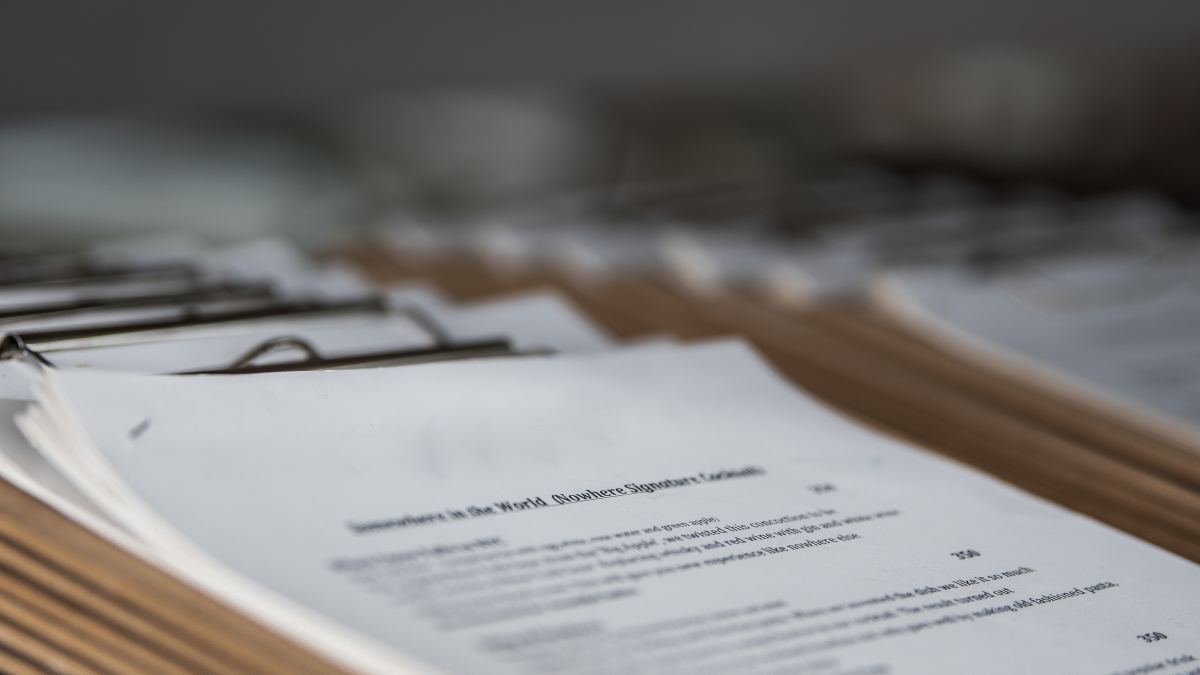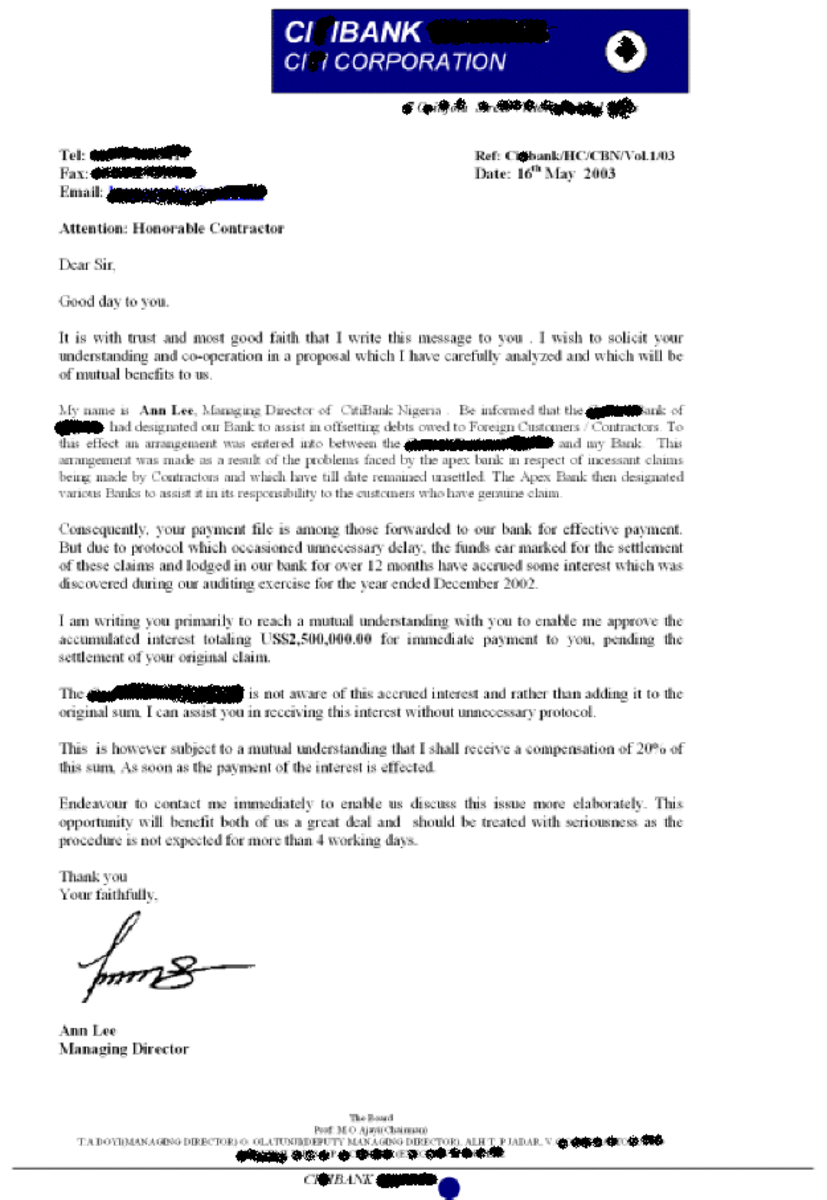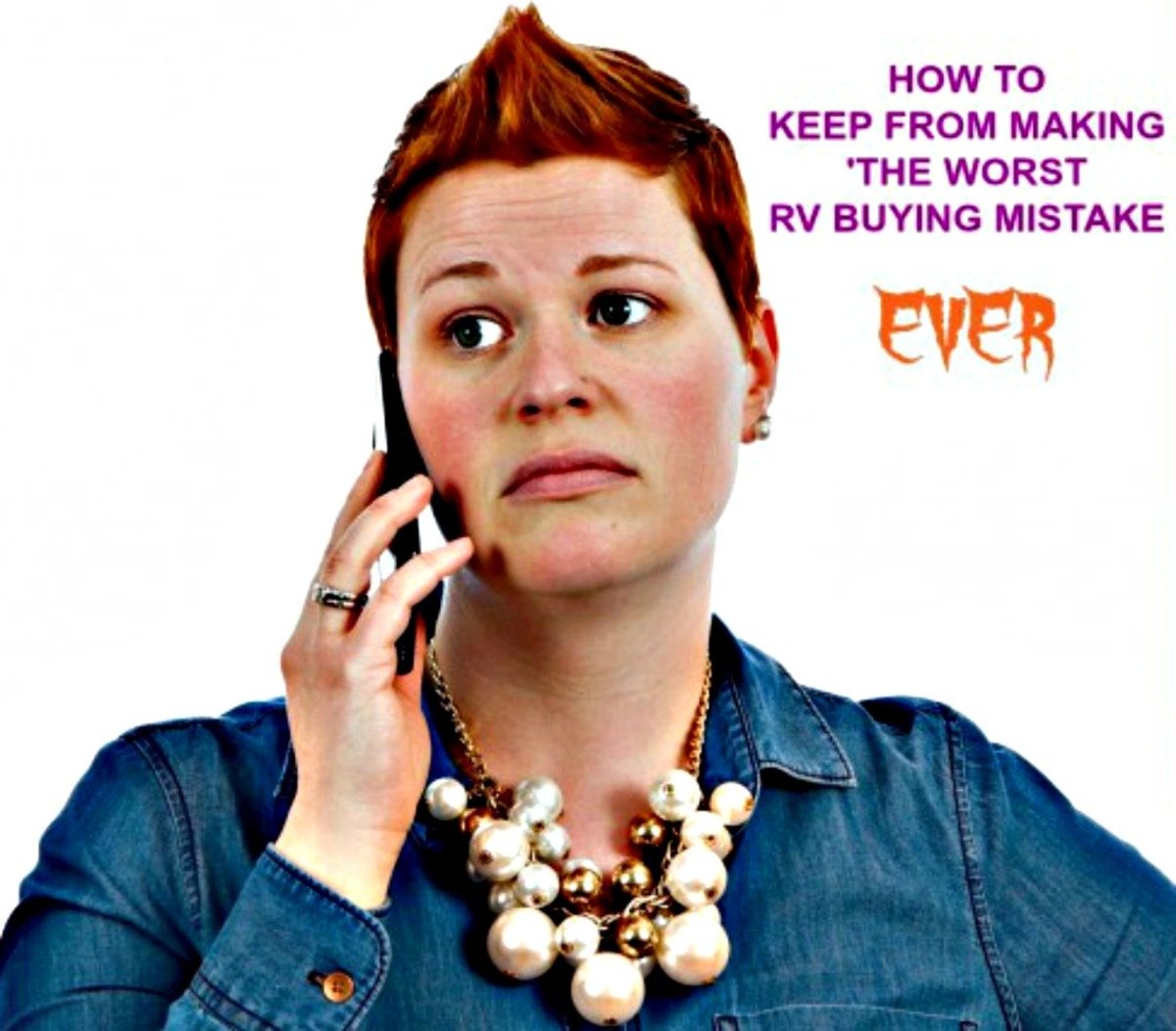After Bankruptcy- Rebuilding Your Life
Starting Over, After Bankruptcy
OK, you went to your personal bankruptcy meeting of creditors, and while it wasn't fun, your debts are about to be discharged and your pockets are empty. You probably still have a car, but that may be about it. Tough eh? Is it going to be possible to rebuild your credit after bankruptcy?
But wait a minute! This is a real chance for a fresh start. You are actually better off now, financially speaking, than you have been in a long time. What's more, an emotional weight is off your shoulder and you can start to breath again. Now is the time to figure out how to get on with your life and get back to solid footing.
So put on your big boy or big girl boots and let's get cooking. There is planty of opportunity to make a new start, if you are willing to make the effort.
Getting Your Mind Straight
Before you get your budget and credit in order, you need to do some work on how you look at things. If you are feeling helpless or clueless you may need to see a therapist (the local mental health center is likely cheapest) or if you don't really understand money or budgeting, then a good credit counselor may be helpful. Stay away from sharks and predators who want to exploit you, so it is best to see a counselor recommended by the National Foundation for Credit Counseling.
Most people, however, go it alone (although hopefully you have the support of some family and friends). If that's your approach, then you need to recognize that you will have change a few things about how you think about money. To put it very simply, you need to only buy what you have money to pay for today. Credit card companies, merchants, and every add you will ever see on TV will try to convince you that you need things now, but you really don't. You need food and shelter, and probably some form of transportation to get you to work and the grocery store. Anything else that you buy requires that you have the money to pay for it. As you learned in your bankruptcy, you cannot pay for it tomorrow, because by then you will have some new expenses. The only debt you can afford to run up, is one that you can afford to pay for this month.

An Action Plan to Rebuild Your Credit After Bankruptcy
The main thing that Chapter 7 Bankruptcy cost you was your credit rating, and it will stay in your credit file for 10 years. So you are going to want to get a good credit rating back soon, right? Not so fast. Yes, you need to rebuild your credit, and if you follow a sensible strategy you can get acceptable credit in a couple years. But first you need to understand that the only credit you want to use is debt that you set in place as part of this project!
Not having good credit now is a blessing, because chances are you have not yet completely fixed the mistakes that you made that contributed to the bankruptcy. So if you haven't really made up a budget, then you need to do it now. Figure out what money is coming in and what you absolutely need to spend money on.
Now, to rebuilding. Fortunately for you, the credit bureaus look closely at recent payment and savings histories. Start by setting up a small savings account, if you do not have one, in a bank or credit union. This savings account will need to be treated as sacred. You will never (at least until your credit is rebuilt) make a withdrawal, but you can add a little regularly.
For the next step, you will get one small loan. The bank or credit union that has your savings account will probably give you a tiny (under $300) loan, especially if you use that savings account as collateral. The rates may be terrible, but that's expected. Take the money, put 10% of it in your savings account, and use the rest to pay off the loan over a few months. Don't spend it, it's part of your rebuilding. When you have paid off your loan, take out another for a somewhat larger amount. Pay it off. Mix up who you take the loan from, but avoid the sharks! All of these success stories get recorded by the credit companies, who are watching your activities.
Get a credit card. Just one. If you already have one, that you did not have to discharge at the bankruptcy, you can use it, but they likely will raise your rate. If you do not have one, you can get one, but likely it will be on unfavorable terms. That is OK, because you are not going to use it for purchasing, you are going to use it to rebuild your credit. If you have more than one card, then cut one up. Pay cash and write checks for the things you need (already in your budget, otherwise don't go there). Now buy something small that you need -- using the credit card -- that you would have paid cash for, anyhow. Pay it off this month. Buy something else, and pay it off the next cycle. Keep doing this, once/month. After several months, apply for another card, if you can get one now at a more favorable rate. Lock away the first card, and do not use it. Cancel it, if it has a yearly fee. Repeat this process until you have a credit card with a decent rate and no yearly fee. Do not use a debit card, it will lull you into a false sense of buy now, pay later.
Once you have the hang of this process, get one or two merchant credit cards, from stores that you frequent. Do not pay any yearly fee, and do not use them to buy things. Remember, you are still paying for all the items you need by cash or by check. Buy something small and pay it off the next month. Never buy anything from a merchant that you cannot pay for that month.
Now you need to build up some savings. Most people do not have the discipline to put money in the savings account each month, so it is best, if you can, to add money automatically. Sometimes your employer can do that, if you request it, but the bank can easily set it up for you so that each month a certain amount is transferred to your savings account. Remember you are not going to touch this money. A good amount to save, if you are financially tight, is somewhere between 5% and 10% of your income. If you really can not afford that, then make it $25 each month. The idea is to show a regular savings pattern, with minimal spending to count against it.
In a couple years your credit can be rebuilt this way. While the bankruptcy will still be there for those who look, your credit score will be steadily rising, and with that all the perks of good credit can start to return. Of course so will the opportunities for you to undo all that hard work, but by now you have learned to treat money responsibly, right?
A Second Job
If money is so tight that this plan looks daunting, you may need to get a second source of income. Especially if you have a mortgage and you are worried about foreclosure. it is beyond the scope of this article to help you find work, but for many they need a home-based second job, because of childcare, elder care, or just because family is important. Clark Howard, the consumer advocate, maintains a list of work from home sites that are not scams. If you have a blog or like to write, you might find that freelance writing for others, at sites like elance.com, or hubpages, gives you that extra money, that you can put in savings, to rebuild your credit. Because it is passive income, sort of like a pension, it can be a small step towards retirement savings as well.








